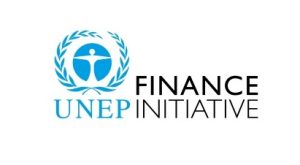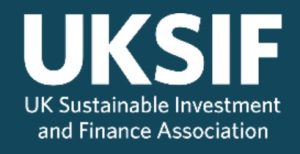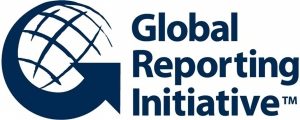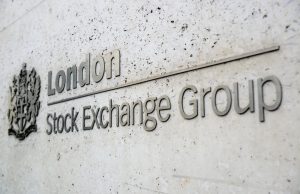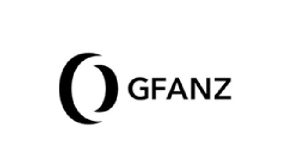Voluntary Sustainability Reporting Standards for Non-listed SMEs
The European Financial Reporting Advisory Group (EFRAG) releases voluntary sustainability reporting standards for SMEs, aiming to provide sustainable disclosure guidelines for non-listed small and medium-sized enterprises.
The European Financial Reporting Advisory Group has issued sustainability reporting standards for large public enterprises and small and medium-sized public and released a draft for voluntary sustainability standards for SMEs last year.
Related Post: EFRAG Releases Draft on Sustainability Reporting Standards for SMEs
Background of Voluntary Sustainability Reporting Standards for Non-listed SMEs
The European Financial Reporting Advisory Group believes that this standard can help non-listed small and medium-sized enterprises meet the sustainable information needs of large enterprises, banks, and investors, enhance corporate sustainability management, and promote sustainable economic development. Based on the total balance sheet, net revenue, and number of employees, small and medium-sized enterprises can be classified into three categories (meeting only one or two conditions):
- Micro enterprise: total balance sheet of 450000 euros, net turnover of 900000 euros, and 10 employees.
- Small business: total balance sheet of 5 million euros, net turnover of 10 million euros, and 50 employees.
- Medium enterprises: total balance sheet of 25 million euros, net turnover of 50 million euros, and 250 employees.
The above-mentioned small and medium-sized enterprises are not within the scope of application of the Corporate Sustainability Reporting Directive (CSRD), but the European Financial Reporting Advisory Group referred to the European Sustainability Reporting Standards (ESRS) when developing standards to enhance consistency.
Introduction to Voluntary Sustainability Reporting Standards for Non-listed SMEs
The voluntary sustainability standards for SMEs include two modules, namely the Basic Module and the Comprehensive Module. The basic module is the minimum requirement for disclosure by small and medium-sized enterprises, while the comprehensive module discloses more information that may be needed by stakeholders.
The basic module requires companies to disclose their environmental, social, and business behavior matters, including:
- B1: Basis for preparation.
- B2: Sustainable economic transformation practices, policies, and future measures.
- B3 to B7: Environmental indicators, including energy and greenhouse gas emissions, air and water resources and soil pollution, biodiversity, water resources, resource utilization, circular economy, and waste management.
- B8 to B10: Social indicators, including labor force characteristics, sources of Ghana, salaries, and training.
- B11: Governance indicators, including bribery fines.
The comprehensive module provides information disclosure of interest to stakeholders, including:
- C1: Business model and sustainable strategy.
- C2: Sustainable economic transformation practices, policies, and future measures.
- C3 to C4: Environmental indicators, including greenhouse gas emission reduction targets, climate transition, and climate risks.
- C5 to C7: Social indicators, including other labor characteristics, human rights policies, and negative events.
- C8 to C9: Governance indicators, including income for specific industries and gender diversity of governance institutions.
The voluntary standard considers that the information disclosed by enterprises needs to be based on the principles of relevance, truthfulness, comparability, comprehensibility, and verifiability. Enterprises may disclose additional information that is not included in the above scope to provide supplementary information for information users. If some of the information is not suitable for enterprises, they can assume that that part is not necessary for disclosure.
For ease of comparison, companies need to disclose information from the previous year in the second year. The preparation time of sustainable reports can be consistent with financial reports, and cross reference can help information users understand the connection between the two reports. If a company considers some information to be sensitive, it can omit disclosure, but it needs to explain this situation. To avoid duplication, if information is already available in other reports, enterprises can refer it in sustainability report.
Reference:
EFRAG Releases the Voluntary Sustainability Reporting Standard for Non-listed SMEs

